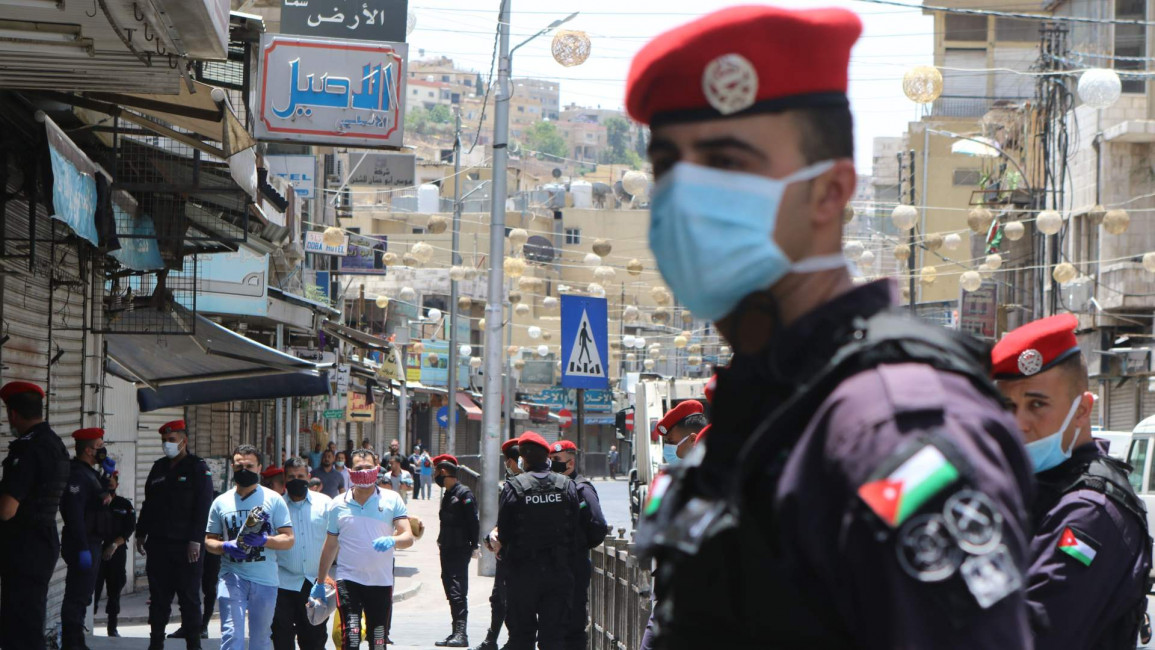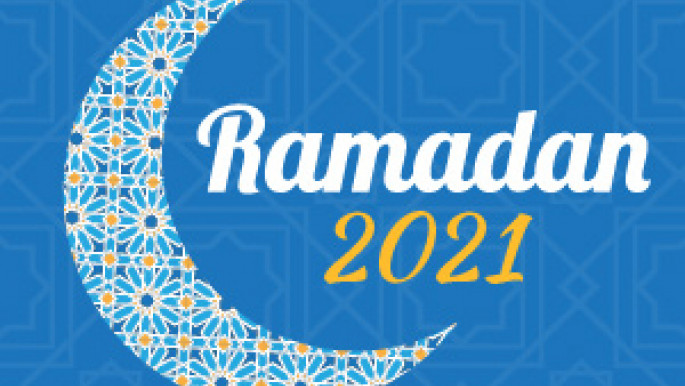Jordan reports poor turnout for election amid voter apathy and Covid-19 peak
Jordan's parliamentary elections concluded Tuesday with less than one-in-three people turning out to vote, local media have reported.
Voter turnout stood at just 29.9 percent with only 1.3 million of the kingdom's nearly 10 million population turning out to cast their ballots, according to the Jordan Times.
The election came amid a period of voter apathy reflecting recent changes to the constitution that further entrenched King Abdullah's power and the Covid-19 epidemic, which is now at its peak in Jordan.
Authorities appeared disappointed at the low turnout among the 4.64 Jordanians eligible to vote.
"Fear of coronavirus has impacted the level of participation,” admitted Khaled Kalaldeh, chief commissioner of the state-run Independent Election Commission (IEC), according to Reuters.
Jordan was hailed as one of the world's few success stories in handling the Covid-19 epidemic early on in this crisis, with cases kept at a minimum after tough measures were implemented by authorities - including an almost complete lockdown in the kingdom.
While the nationwide curfew prevented the collapse of the country's healthcare system it also had a devastating impact on the economy.
Amman appears reluctant to implement similar lockdown measures which might cause further harm to livelihoods and the kingdom's fragile economy.
|
|
Jordan has now seen 121,000 cases of Covid-19 and 1,386 deaths, including 91 on Tuesday.
This saw many Jordanians question the timing of the elections with Covid-19 cases now at a record high.
"The government examined the situation carefully before making its decision to proceed with the election to ensure the continuation of the country's democratic process," Kalaldeh said, according to the Jordan Times.
"Our main concern was to ensure the protection of the election process and the success of the elections, and I believe we succeeded."
Videos and images shared on social media have shown apparent breaches of Covid-19 restrictions during the election process, including celebrations after the voting had ended.
Kalaldeh said none of the reported legal breaches at the country's 1,824 polling stations were related to the coronavirus restrictions.
Election authorities also decided to extend voting from 7pm to 9pm.
Many Jordanians are generally sceptical about the electoral system, which greatly favours rural regions with its strong kingdom's tribal contingent, over urban areas where there is stronger support for liberals and Islamists.
These Jordanian tribes have been among the monarchy's most ardent supporters over the years, making up the bulk of the security forces, and are often the most enthusiastic about parliamentary elections.
"This vote is different, with people in greater distress because of the epidemic," Oraib Rintawi of the Al-Quds Centre for Political Studies told AFP.
"People will vote based on tribal allegiances, for a candidate from their own clan or for one who offers to provide them services."
Jordan's elections were called in July following a royal decree that saw Prime Minister Omar Razzaz resign and dissolve his government.
The election has seen a record number of women running for parliament, making up 364 of the some 1,700 candidates.



